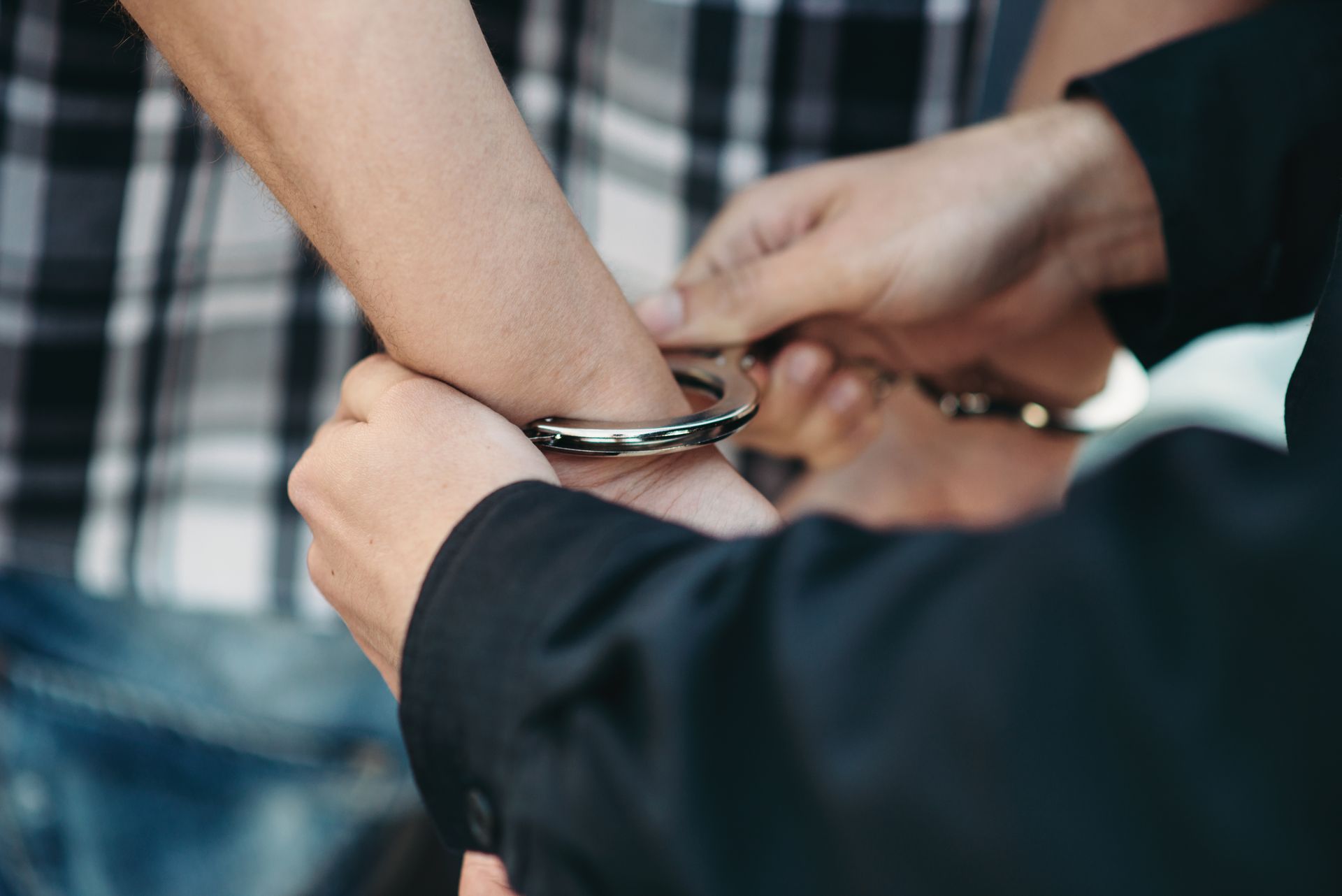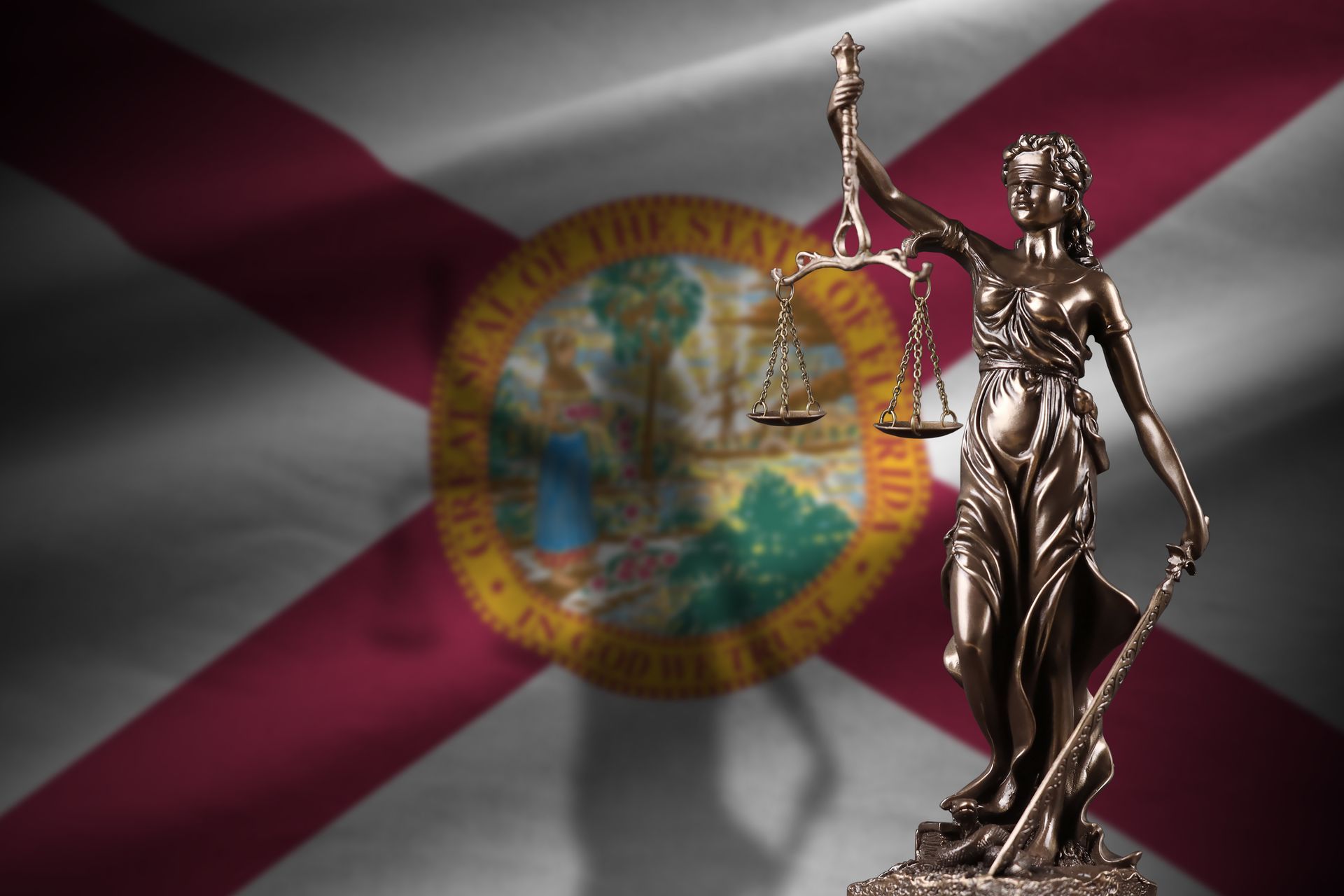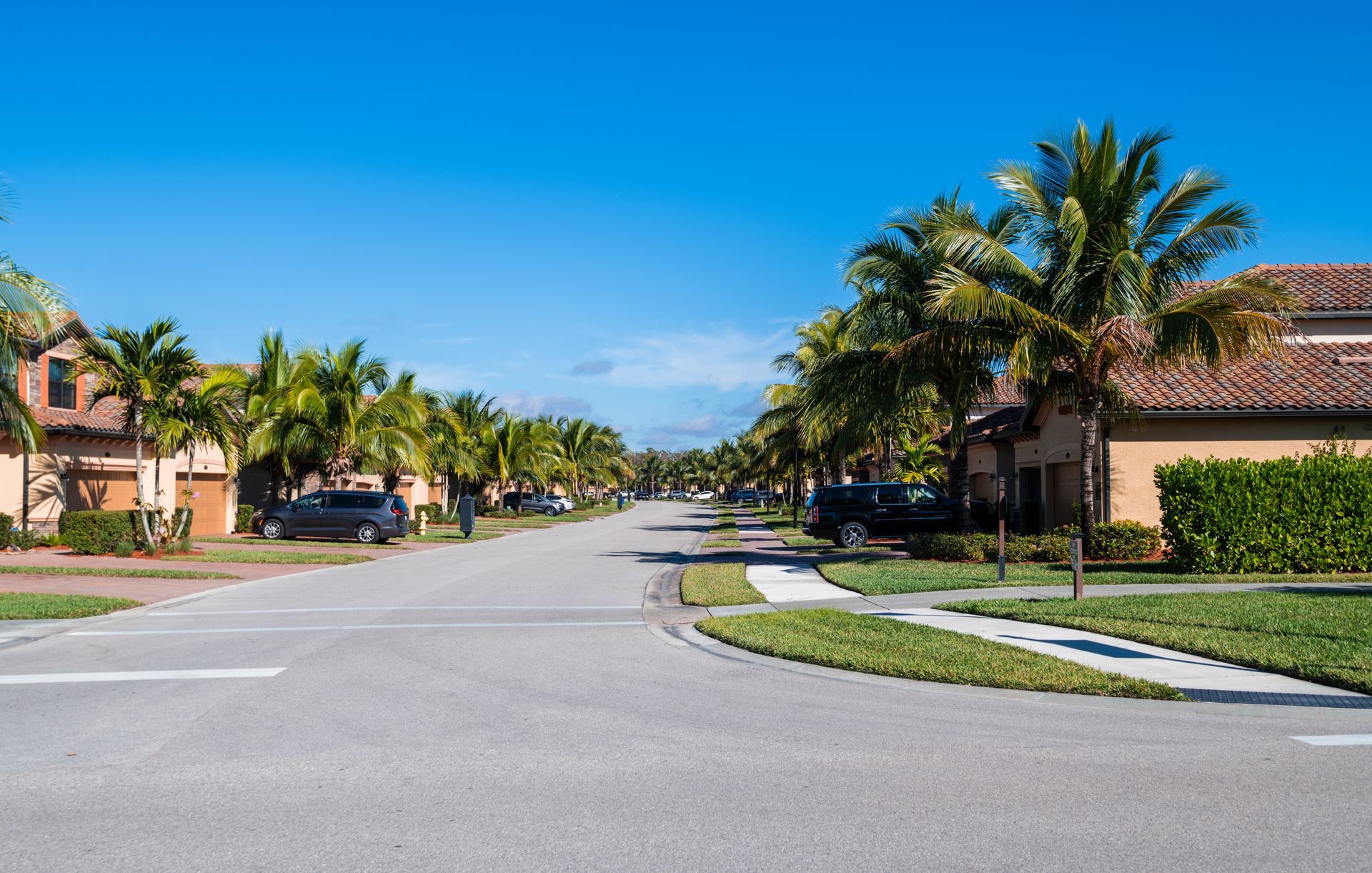The Rise of Butanediol Trafficking Charges
In recent years, the illicit trafficking of butanediol has been on the rise, prompting legal authorities to take action against those involved in its distribution. Butanediol, a chemical compound commonly used as an industrial solvent and precursor to various substances including gamma-hydroxybutyrate (GHB), has become a key player in the underground drug trade. As law enforcement agencies grapple with this emerging trend, it is crucial for individuals to understand the serious legal implications associated with butanediol trafficking charges. From federal prosecution to hefty sentences, navigating this complex web of laws and regulations requires a thorough understanding of the repercussions that may follow involvement in such illegal activities. In this blog, we will look into the specifics of butanediol trafficking charges and shed light on how individuals can protect themselves from falling afoul of the law.
The Definition and Classification of Butanediol Trafficking Charges
Definition: Butanediol trafficking involves the illegal distribution, sale, or transportation of the chemical compound known as butanediol. Also referred to as BD, this substance is commonly used as an industrial solvent and precursor in the production of various products. However, it can also be misused for its sedative effects, leading to its classification as a controlled substance in many jurisdictions.
Classification: Butanediol trafficking charges typically fall under drug trafficking laws due to its potential for abuse and harmful effects on individuals. Depending on the quantity involved and intent behind the trafficking activities, these charges can range from misdemeanors to felonies with significant penalties upon conviction. Prosecutors often seek harsh punishments for those involved in butanediol trafficking to deter further illicit activities and protect public health.
Butanediol trafficking refers to the illegal distribution or transportation of this chemical compound with sedative properties. Such actions are classified under drug trafficking laws due to butanediol's potential misuse and harm on individuals. Depending on factors like quantity and intent, offenders may face severe legal consequences if found guilty of these charges.
Federal Laws and Penalties for Butanediol Trafficking
Federal Laws: The trafficking of Butanediol is regulated under the Controlled Substances Act, which categorizes it as a Schedule I controlled substance due to its potential for abuse and lack of accepted medical use. This means that possessing, manufacturing, or distributing Butanediol without authorization is illegal at the federal level.
Penalties: Individuals convicted of Butanediol trafficking can face severe penalties under federal law. These penalties may include lengthy prison sentences, substantial fines, and a permanent criminal record. Additionally, those involved in trafficking may also be subject to asset forfeiture laws, which allow authorities to seize any property or assets connected to the illegal activity. It is crucial for individuals to understand the legal consequences associated with Butanediol trafficking and seek legal counsel if facing charges related to this offense.
Defenses and Legal Strategies in Butanediol Trafficking Cases
- Lack of Knowledge Defense: One possible defense in butanediol trafficking cases is to argue that the defendant did not know they were transporting or possessing a controlled substance. This defense may be successful if there is evidence to suggest that the defendant was unaware of the nature of the substance.
- Illegal Search and Seizure Claim: Another legal strategy involves challenging the
legality
of the search and seizure that led to the discovery of butanediol. If law enforcement officers conducted an unlawful search or violated constitutional rights during arrest, evidence obtained during such searches may be deemed inadmissible in court.
- Entrapment Defense: In some cases, defendants may allege entrapment by law enforcement officials who induced them into participating in illegal activities regarding butanediol trafficking without their predisposition to commit such crimes independently.
These defenses and legal strategies require thorough examination of facts, consultation with experienced attorneys specializing in drug-related offenses, and crafting a compelling case based on individual circumstances surrounding each butanediol trafficking charge.
The Importance of Legal Representation in Butanediol Trafficking Cases
Expertise: In cases involving butanediol trafficking, having legal representation is crucial. Lawyers specializing in drug-related offenses understand the complexities of these cases and can navigate the legal system effectively on behalf of their clients.
Protection: Legal representation provides protection for individuals facing butanediol trafficking charges. A skilled attorney can ensure that their client's rights are upheld throughout the legal process, offering guidance and support during what can be a challenging time.
Mitigation: With proper legal representation, individuals charged with butanediol trafficking may have a better chance of mitigating the consequences they face. Attorneys can negotiate on behalf of their clients to potentially reduce charges or secure more favorable outcomes in court proceedings.
How Hanlon Law Can Help With Drug Trafficking Offenses in Orlando, FL
Hanlon Law, a criminal defense firm in Orlando, FL, specializes in defending clients against drug trafficking charges, including cases involving substances like Butanediol. Butanediol is a chemical compound sometimes used illicitly for its psychoactive effects, and trafficking it carries severe legal penalties under Florida law. With extensive experience in drug-related cases, Hanlon Law provides aggressive representation to protect clients' rights and works to achieve the best possible outcome in complex trafficking cases. Contact Hanlon Law for a consultation and the support you need for your case.
Hanlon Law
300 S Orange Ave Ste 1160
Orlando, FL 32801
(407) 987-3836












